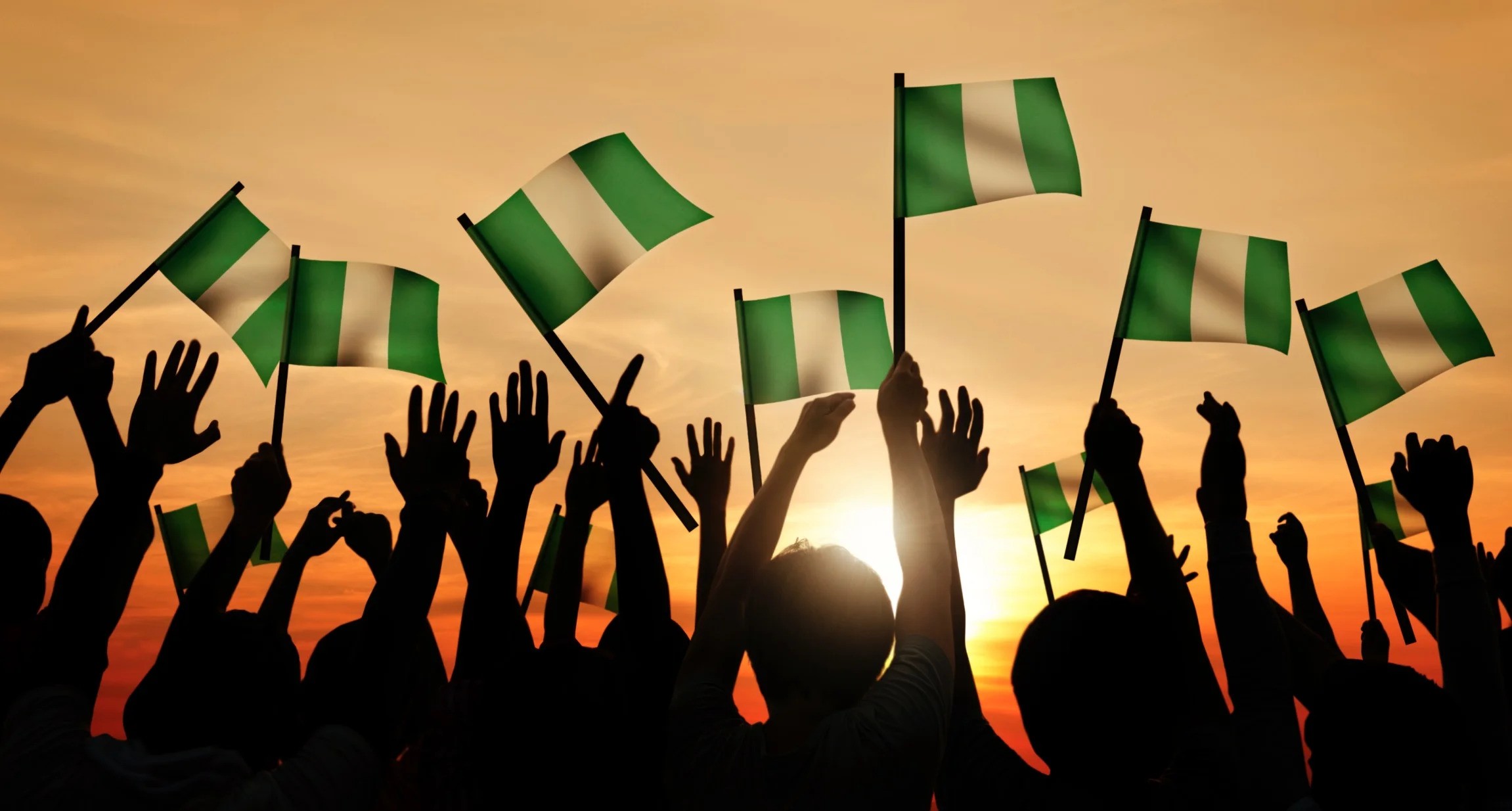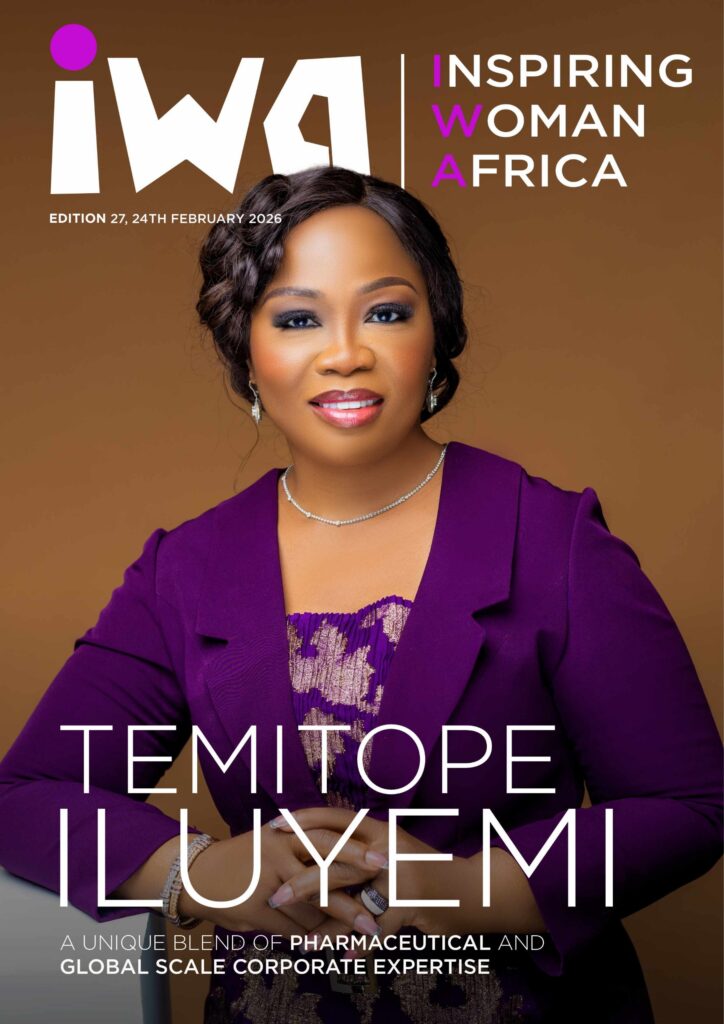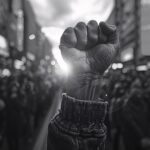
As Nigeria marks another Independence Day, the green-and-white flag reminds us of both a nation’s resilience and the many voices that have kept its dream alive. Among these voices, women stand out not as spectators, but as builders of Nigeria’s freedom, defenders of democracy, and visionaries of its future. From the struggles of the colonial era to today’s leadership tables, and on to tomorrow’s trailblazers, Nigerian women continue to chart the path of true independence.
The Past: Women Who Fought Before the Flag Was Raised
Long before 1960, women in Nigeria were at the heart of agitation for justice and self rule. Names like Funmilayo Ransome-Kuti, Margaret Ekpo, and Hajia Gambo Sawaba among others cannot be forgotten. They resisted colonial taxes, organised political rallies, and challenged oppressive systems that denied women’s voices. These pioneers understood that independence was incomplete without gender equality.
The Aba Women’s Riot of 1929, for instance, was not only a protest against unfair taxation but also a statement that women would no longer remain silent in shaping the destiny of their communities. By the time Nigeria attained independence, women had already proven themselves as political actors, economic drivers, and social reformers.
The Present: Women Breaking Ceilings in a Democratic Nigeria
Sixty-five years later, Nigerian women remain at the forefront of national progress. Today, they are governors, legislators, entrepreneurs, peacebuilders, and global advocates. From Ngozi Okonjo-Iweala at the World Trade Organisation to Amina J. Mohammed at the United Nations, Nigerian women have shown that they are not just leaders at home but also on the global stage.
At the grassroots, women are running community cooperatives, driving innovation in agriculture and technology, and leading in humanitarian response. In politics, despite structural barriers, women continue to demand their rightful space and pushing for the long, overdue 35% affirmative action in governance and championing bills for the women’s reserve seats in parliament.
Independence in the present context is no longer just about a free nation but about building a just, inclusive, and equitable society. Women’s leadership is at the heart of this transformation.
The Future: A Generation Rising
The story of Nigerian independence is not yet finished. The next chapters belong to the young women who are coding apps in Lagos, building climate justice movements in Jos, and mentoring peers in Maiduguri. They represent the promise of a nation that will not only survive its challenges but thrive because its women are equipped, educated, and empowered.
The future calls for investment in girls’ education, protection from all forms of violence, and opportunities in governance and leadership. It calls for dismantling systemic barriers that limit women’s participation in decision-making. If Nigeria must compete in the fast-changing global economy, it cannot afford to leave half of its population behind. The dreams of independence must evolve into the reality of inclusive development.
A Call to Action
This year’s Independence celebration is more than a commemoration; it is a call to recognise the power of women across time. Nigerian independence was achieved not just by the voices of men at negotiation tables but also by the defiance of women in the streets, markets, and homes. Sustaining that independence requires the present generation to commit to equality and the future generation to lead with vision and courage.
As Nigeria stands tall at 65, let us honor the women of the past who dared, celebrate the women of the present who persist, and invest in the women of the future who will redefine what independence truly means. For only when women and men together shape Nigeria’s destiny will the nation’s freedom ring loud, true, and lasting.
Happy Independence Nigerians
Nigeria @65
Dr. Asmau Benzies Leo is a development practitioner with extensive national and international expertise in gender equality, peace-building, governance, and humanitarian action. She holds a PhD in Public Governance and Leadership, a Master’s degree in Conflict Management and Peace Studies, and executive certifications from leading institutions including Howard University, Harvard University and Glasgow Caledonian University. As Executive Director of the Centre for Non-violence and Gender Advocacy in Nigeria (CENGAIN), she has led ground-breaking advocacy initiatives on women’s political participation, gender-based violence prevention, and security sector reform across multiple World Bank, UN and EU-supported projects.
Latest Posts
-
Feb 24, 2026 Busie Matsiko
-
Feb 24, 2026 Seven Money Moves to Make Today






